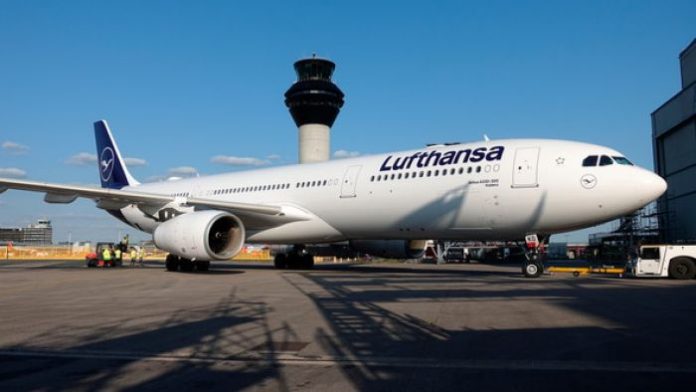“Skiplagging” is the trick that could save you big money on airfare. Basically, when traveling to a popular location and the airfare is too high you can instead buy a ticket to a further destination with a layover in the desired location. Therefore, you can exit the airport at the transfer location – your true destination – and never actually finish your entire journey, thus saving money. However, it is best to just travel with carry-on luggage.
It seems that many people have been doing this for years, and now thanks to websites meant to actually find the best fares – like Skiplagged.com – it was brought to the attention of airlines as well. Even so, the practice was unknown to many others until earlier last month when the German airline Lufthansa sued a European business class passenger who saved money on a transatlantic flight by using this method. It seems the case was dismissed by a Berlin court in December and is now under appeal.
Tony Webber, CEO of the aviation research company Air Intelligence and former Qantas chief economist says that this type of lawsuit is only a scare tactic. The airline is saying it has a negative impact on their revenue because if they would have sold the seat with a direct flight, they would have probably received a higher fare.
However, Henry Harteveldt, founder of travel advisory firm Atmosphere Research says that airlines overbook anyway, thinking some people won’t show up so it is unlikely the seat will fly empty, he also states: “Hidden-city ticketing is a problem of the airlines’ own making. I fully understand, as an airline analyst and business person, why airlines extract as much as they can where they have leverage. That is what business is all about. But when an airline puts out stupid airline pricing and the fare into a hub is nonsensically high, it is almost like airlines invite hidden-city booking.”
Meanwhile, skiplagging, also known as “hidden-city ticketing”, can actually be dangerous for passengers. Airlines might notice a ticket holder that has not shown up for his flight, especially if it is done more than once or in an obvious way. So passengers can find that the return portion of their trip has been voided, that they have been removed from loyalty programs, or find themselves met at the gate by airline attorneys demanding additional fees.










